One is struck, floating through Amartya Sen’s argument in Development as Freedom, by the sheer complexity that policymakers face when confronting entrenched conditions of poverty, inequality, and coercion. Incentives to increase productivity or efficiency in markets cannot, in themselves, abate these structural problems, because the aspects of development that bolster economic agency must simultaneously address governmental and cultural practices. Sen’s position, then, that freedom is both instrumental to development and constitutive of it, comes as a concrete and coherent rejoinder to those whose assumptions that certain cultures depend on illiberal traditions to function. Continue reading
Tag Archives: review
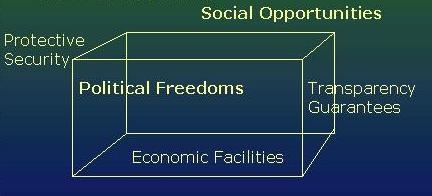
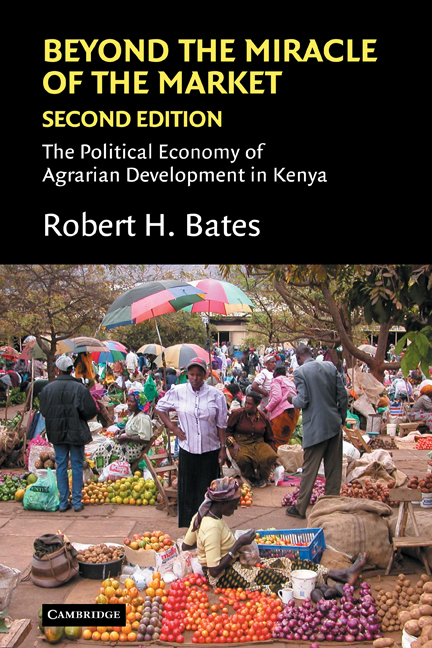
Review – Bates, Beyond the Miracle of the Market
Beyond the Miracle of the Market addresses broad questions, among which perhaps the broadest, most enduring has occupied theorists for centuries: Why do some countries succeed where others fail? To answer this in the context of late-twentieth century developing nations, Robert Bates constructs a detailed way of thinking about this central issue in economics, which troubles the very position of the State in its course. Markets, and the institutions that dominate their constituencies, take center stage here, while political and social interests form the supporting apparatus and the lenses through which to examine change in those institutions over time. In this way, Bates approaches the questions of growth, stability, and crisis in developing-nation economies without striking either condescending or dismissive tones, and without mistaking patterns for general truths. Continue reading
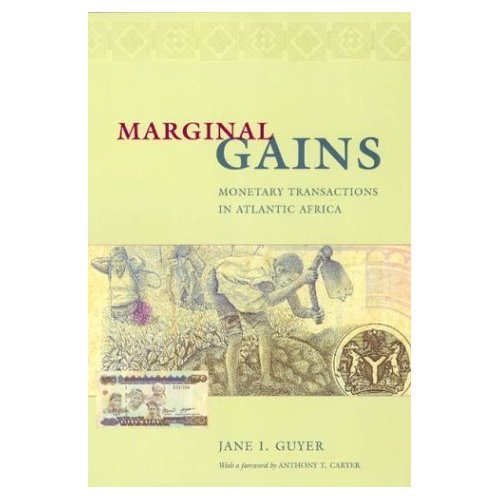
Reflection – Jane Guyer
The economic anthropology of Jane Guyer, concentrated on Africa’s western and equatorial regions, finds rich expression in this collection of the Lewis Henry Morgan lecture series delivered at the University of Rochester some fifteen years ago. Guyer’s methodological reflexivity brings her implicit and explicit critique to bear on both traditional anthropology and traditional economics, the result of which is a nuanced, multivariate logic of exchange and decision-making that brings close contextualization to the fore of questions that might otherwise veer impossibly into the abstract. Historically grounded and empirically driven, Guyer elucidates the curious interplay between formal and informal markets in Atlantic Africa, particularly the role of circulation of multiple currencies at once. Continue reading
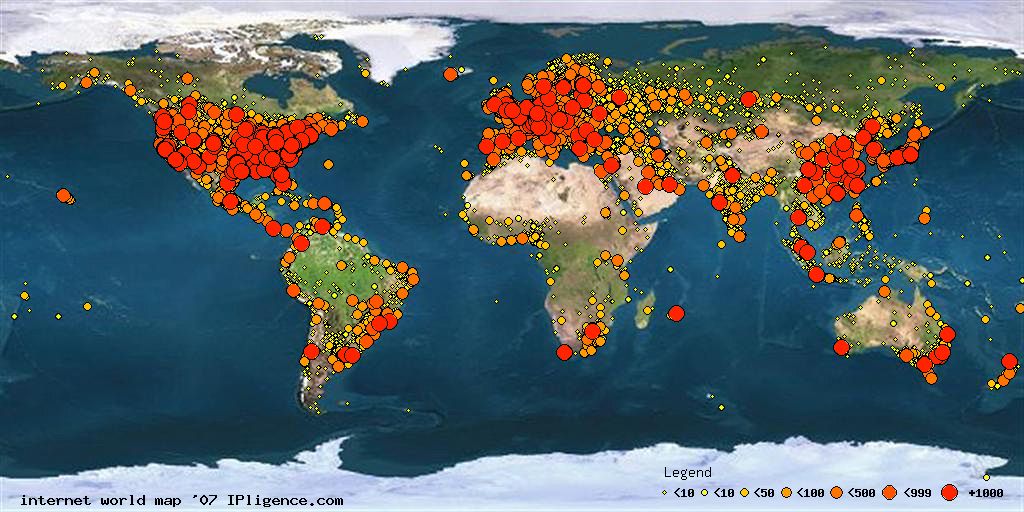
Lessons, Connections and Directions
The summer now underway, it’s a good time to take stock of gains, setbacks, and lessons learned from the semester. This post simply reviews the three sets of work undertaken over the past few months, and then try to detail the priorities and next steps necessary to continue progress towards the dissertation. Between materials, structures, and approaches, more incommensurability than contiguity prevails – yet weak ties persist in imagination and in theory. Broadly speaking, both epistemological and methodological considerations justify holding all three in concert, as parts of the long-term and focused project. And yet this can only hint at a strategy, it seems, and my largest outstanding challenge will be to find the coherent framework that unifies or at least governs the relationship between each of these schools of thought. Continue reading

Foucault – on Biopolitics
The aspect of power/knowledge best suited for adoption by those dissatisfied with traditional political economy, social psychology, or political theory, Foucault’s concept of biopolitics addresses the machinations of power on the historically inscribed body, as well as the diffusion of actual relations of power between such bodies. In the lecture series “Security, Territory, Population” and “The Birth of Biopolitics”, he delves into the details of the conditions of power relations in neoliberal societies. Cautious to distinguish liberal and neoliberal contexts from the commonsense notion of freedom, and to differentiate power relations from individual rights or privileges, his argument rests on the ideas developed in his edited works such as Discipline and Punish, or the end of History of Sexuality. Here, biopolitics takes on the characteristics of State apparatuses, but extends beyond them into the quotidian practices of material, discursive, and economic life.
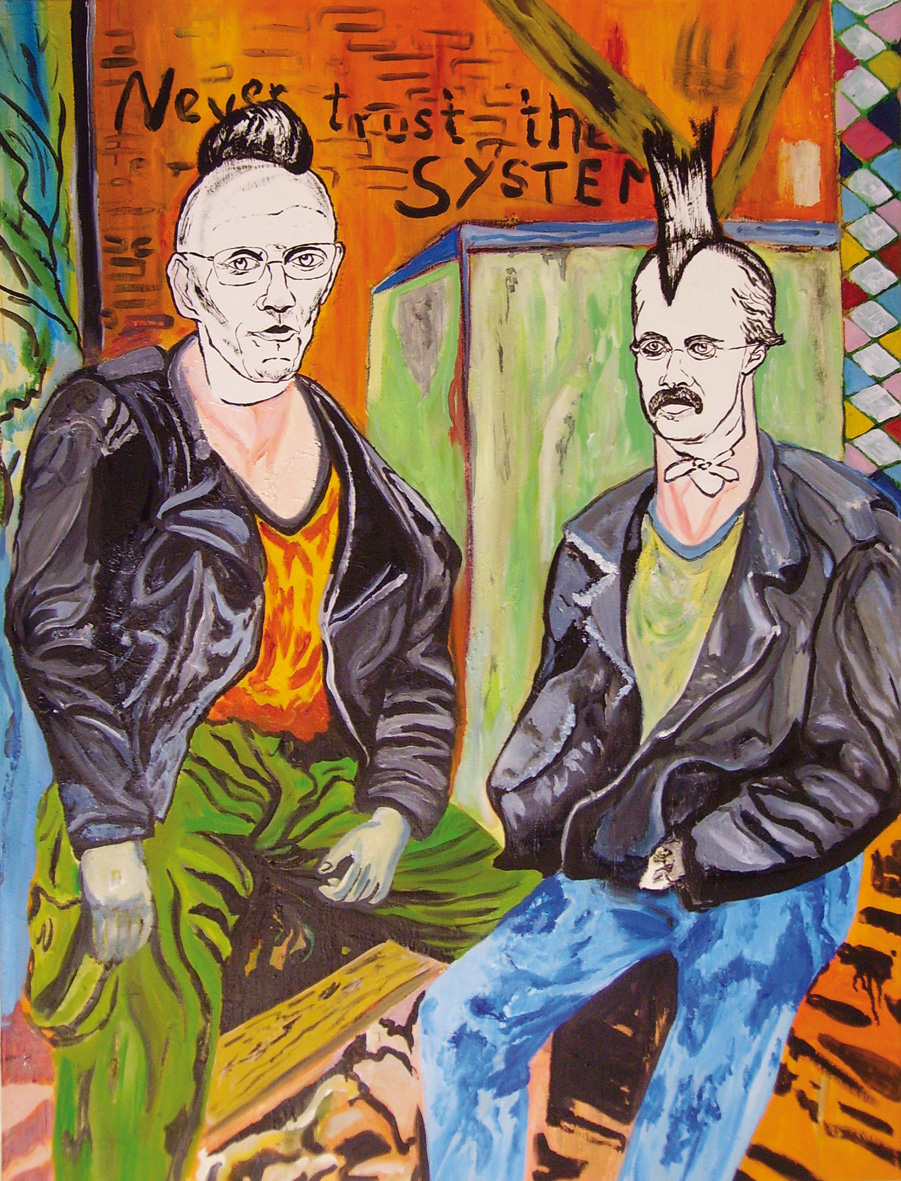
Foucault – Nietzsche, Genealogy, History
“Genealogy… must expose a body totally inscribed by history, and history’s destruction of the body.” (my translation)

Foucault – Birth of the Clinic
Foucault’s second major publication follows the immense History of Madness, and precedes The Order of Things. Its focus on the medical gaze, and on the epistemic shift concurrent with the turn of the 18th century, emphasizes the themes that carry between those two texts. Staunchly archaeological, The Birth of the Clinic traces the moduli of language as evidence and archive, entryways into the probing questions of medical practice and assumption throughout the period. Remarkably, throughout this subtle and sensitive critique of a scientific logic that insists upon the technical objectivity of images and words of the body, Foucault’s own treatment of the body – as historically and socially embedded – avoids direct confrontation with the conditions of possible embodiment of the medical regard itself.
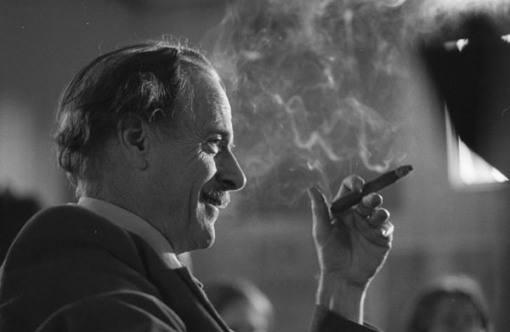
Internet – Lit Reviews – McLuhan, Manovitch
Whether one accepts straightforwardly deterministic speculation or not, whether one prefers to think the mind and the collective mind as functions of or factors in computing, we are bound by mediating forces. As the paragons of privileged speculation, Marshall McLuhan and Lev Manovich stand unchallenged as the sources for media and software theory in the United States. Their conceptual frameworks are most contentious when held against certain French thinkers’. McLuhan’s insight that all media contain as a message a prior medium finds a counterpoint in Regis deBray’s analysis of media as overlapping paradigms, rather than linear progressions. Manovich’s later contributions to software theory as a field in its own right takes as a direct target the archaeology of media as expounded by Michel Foucault, whose concentration on print and writing as valid archival data severely limits his historiographic impulses. But taking these two Anglo writers’ work on their own, we can unpack just where they stand, as well as their utility and inspiration for contemporary thought. Continue reading
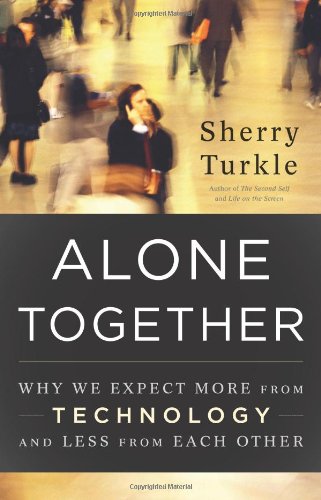
Internet – Lit Review – Turkle
Turkle, Sherry. Alone Together. New York: Basic, 2011
It would be foolish to refute the core premise of Sherry Turkle’s third installment in her series on computers and people: technology – specifically, robots and computers – have taken on agency in their relationships to humans. Her anecdotal approach threads a compelling argument through selections from her psychoanalytic research that includes over 450 subjects, of all ages. In Turkle’s estimation, computers have become what occupies us, keeping us always tethered and networked, rather than remaining our occupational instruments. Likewise, her staunch humanism views the advent of robotics that go beyond artificial intelligence by performing social functions like caring and emotion as a pivotal “robotic moment” for our lives, and for our concepts of life as such. The stakes of being-human, on her account, are changing, and not necessarily for the better. Continue reading
